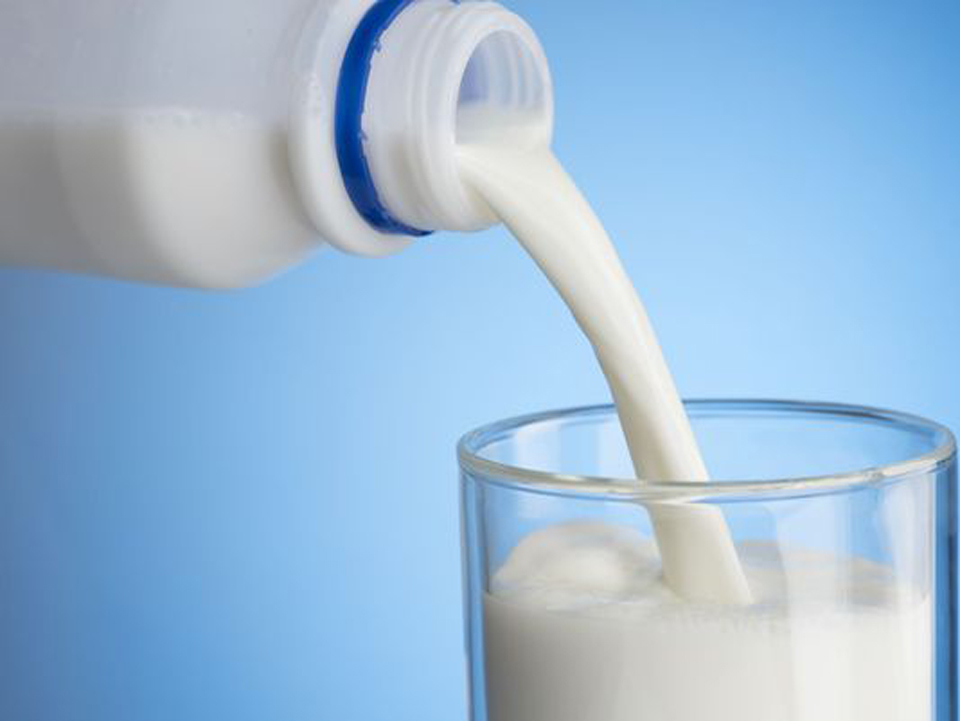
OR
Editorial
Take measures to boost production of milk at home
Published On: May 8, 2023 07:26 AM NPT By: Republica | @RepublicaNepal

The National Dairy Development Board's decision to recommend importing milk from India has sparked protests among farmers in Chitwan, who feel that the government has neglected their needs. It is essential that the government takes note of the farmers' concerns and promotes domestic production. Offering incentives to local farmers can not only help to increase milk production but also provide more employment opportunities to the people and reduce the ballooning trade deficit. As a newspaper, we believe that it is important to conduct proper research before making decisions that affect the livelihoods of local farmers. The government must work closely with the farmers and the dairy industry to address the issue of milk production in the country.
The current situation of the dairy industry in Chitwan is concerning, with farmers facing losses and not receiving payments on time. The DDC has been selling cooperatives to private industry due to delayed payments, resulting in a sharp decrease in milk production. Therefore, the government must ensure that the farmers are paid on time, and their grievances are properly addressed so that local farmers can be encouraged to produce more milk. Additionally, the government reportedly lacks sufficient data on milk production, which makes it difficult to formulate policies that promote domestic production. The government should invest in collecting data on milk production and use it to develop policies that benefit the dairy industry and local farmers. As an agrarian economy, it is in the best interests of Nepal to promote domestic production rather than import milk from other countries.
The Department of Livestock Services has reported a 4% annual increase in milk production, while the demand has been growing at 8%. Officials at the Ministry of Agriculture and Livestock Development are currently in discussions to allow milk imports for two months, from April to November, which is considered the lean season for milk production. While this decision may be well-intentioned, it may not necessarily benefit consumers and the country as a whole. Farmers argue that the milk supply shortfall can be easily addressed if the DDC and other relevant bodies, including private players, begin collecting milk from rural areas. Most households own cows and buffalos and have a surplus of milk to sell. However, for the long-term solution, Nepal can take various steps to promote milk production at home and discourage the import of dairy products from India. It's worth noting that the Agriculture Ministry had lifted the import ban for a month to meet domestic demand last year. However, despite allowing traders to import up to 120 tonnes of milk daily, they could only obtain 800 tonnes in one month due to shortages in India, where Nepal sources its milk imports.
Hence, it is critical on the part of the government to boost domestic production of milk through various policy measures. Providing incentives such as subsidies, tax breaks, and credit facilities to local farmers can encourage them to increase milk production, while investing in dairy infrastructure can help the industry handle larger volumes of milk and distribute it more efficiently. Encouraging private sector participation and improving access to finance can further boost the industry. Strengthening research and development, enforcing quality standards, and promoting public awareness can help to improve the reputation of Nepali milk and dairy products and increase demand for them. By promoting domestic production, Nepal can create a self-sustaining dairy industry that benefits local farmers and the overall economy.
You May Like This

Farmers in Chitwan dissatisfied with decision to import milk from India
CHITWAN, May 6: Farmers in Chitwan have protested after the National Dairy Development Board (NDDB) recommended importing milk from India. Read More...

Chitwan exports 174,800 ltr of milk per day
CHITWAN, June 2: Chitwan district exports as much as 174,800 liters of milk daily. According to the Veterinary Hospital and... Read More...

Upgrade of Biratnagar Milk Supply Scheme expected to eradicate 'milk holiday'
KATHMANDU, July 16: The upgrading of Biratnagar Milk Supply Scheme's capacity in producing powdered milk is expected to eradicate 'milk holiday'... Read More...










Just In
- Heavy rainfall likely in Bagmati and Sudurpaschim provinces
- Bangladesh protest leaders taken from hospital by police
- Challenges Confronting the New Coalition
- NRB introduces cautiously flexible measures to address ongoing slowdown in various economic sectors
- Forced Covid-19 cremations: is it too late for redemption?
- NRB to provide collateral-free loans to foreign employment seekers
- NEB to publish Grade 12 results next week
- Body handover begins; Relatives remain dissatisfied with insurance, compensation amount







Leave A Comment